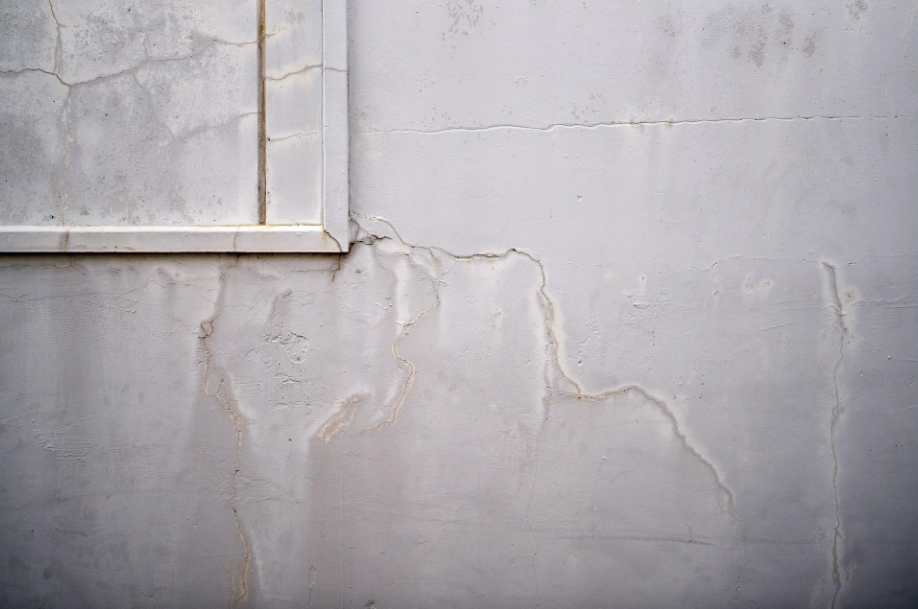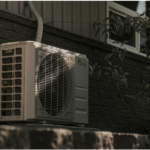Have you ever brushed off a tiny drip, promising to fix it later? A faucet leak or a slow drip under the sink feels harmless at first, like background noise. But over time, that small problem grows into costly damage. In places like Willoughby, OH, where older and newer homes face different stresses, even the smallest leak can expose bigger issues behind the walls. These drips waste water, raise bills, and quietly create warped floors, mold, and structural damage. With rising costs and climate concerns, staying proactive is more important than ever.
In this blog, we will share how small leaks become major household issues, why early fixes matter, and practical ways to protect your home.
The Silent Cost of “It’s Just a Drip”
The problem with small leaks is how easy they are to ignore. A drip every few seconds seems minor, but over a year it can waste hundreds of gallons. That raises your bill and adds strain to a world already facing water shortages.
Beyond waste, there’s the hidden damage. A steady drip under the sink can warp cabinets and flooring before you even notice. Moisture trapped in walls breeds mold, and once it spreads, removal is both expensive and disruptive. Mold doesn’t just hurt your house. It impacts health, especially for kids and anyone with allergies.
It’s also a reminder of how small issues grow into crises when left unchecked. Think of it like ignoring a loose thread on your sweater. One tug later, and half the sleeve unravels. That drip isn’t just water. It’s a preview of bigger costs and bigger headaches if you wait too long.
That’s why many homeowners rely on experienced professionals to step in before the damage gets worse. When you need fast, dependable help, nothing beats calling a reliable plumber in Willoughby, OH, who knows the kinds of challenges local homes face. What looks like a minor annoyance to you could signal a much larger issue that needs immediate attention.
How Leaks Turn Into Household Headaches
Leaks are rarely stationary problems. They move, spread, and multiply. A dripping faucet may seem contained, but the water runs down pipes, collects in hidden spaces, and weakens surrounding materials. Wood soaks it up like a sponge, creating warping and rot. Drywall softens and crumbles. Paint bubbles and peels.
Basements are especially vulnerable. A small leak in a water heater or washing machine line can create dampness that invites mold and mildew. The smell is unpleasant, but the real danger is unseen spores that affect air quality throughout the house. Before long, you’re dealing with health issues alongside property damage.
Even outside, leaks cause trouble. A hose bib that drips slowly can saturate soil near the foundation. That extra moisture softens the ground, leading to shifting and cracks in basement walls. What looked like a harmless outdoor drip suddenly connects to a structural problem no one wants to pay for.
Leaks also waste energy. When hot water drips, your water heater works harder to replace what’s lost. That means higher bills month after month, even though you barely notice the source. It’s like throwing money down the drain—literally.
The Role of Prevention in a Busy World
We live in a time where people juggle more than ever. Between work, school, rising costs, and endless news cycles, small home issues often fall to the bottom of the list. It’s understandable. Fixing a drip doesn’t feel urgent compared to getting kids to practice or hitting deadlines at work.
But leaks don’t wait for free time. They grow when ignored, often revealing themselves only when it’s too late. That’s why prevention is the smarter, easier route. Regular inspections save time and stress. Simple habits, like checking under sinks each season or feeling around baseboards for moisture, help catch problems early.
Technology also helps. Smart water sensors can now alert homeowners to leaks as soon as they start. These devices are becoming more common, partly because people see the value in prevention during a time of rising costs. Spending a little upfront on maintenance beats the unpredictability of a flooded kitchen.
And there’s an environmental angle too. Conversations about sustainability aren’t going away. Conserving water isn’t just about lowering your bill—it’s about being mindful of resources. Fixing leaks quickly is one of the simplest ways a homeowner can reduce waste while protecting their property.
Why Acting Early Always Pays Off
The frustrating thing about leaks is how preventable the fallout often is. Most damage linked to water comes not from dramatic disasters but from long-term neglect. By the time you see stains on ceilings or warped floors, the problem has been building for weeks or months.
Acting early prevents that snowball effect. A new washer for a faucet is cheap. Replacing a section of pipe costs far less than replacing walls and flooring. And keeping water out of hidden spaces prevents mold infestations that linger long after repairs are done.
Even more important, early fixes keep your home’s value strong. Buyers shy away from properties with a history of water damage, knowing it can signal hidden issues. Staying ahead protects not only your comfort but your long-term investment.
So while it’s easy to dismiss a slow drip as background noise, it’s really a signal. A signal that something small today could become expensive tomorrow. And in a world where unpredictability feels like the norm, one thing you can control is how quickly you respond when your house whispers for help.
Fixing leaks may not feel glamorous. But compared to replacing drywall, flooring, or dealing with mold remediation, it’s the smarter, simpler choice every time.














Leave a comment